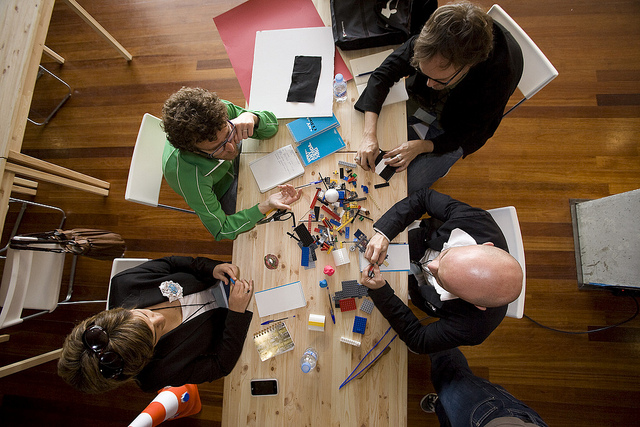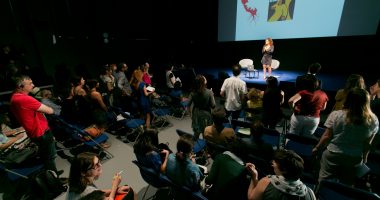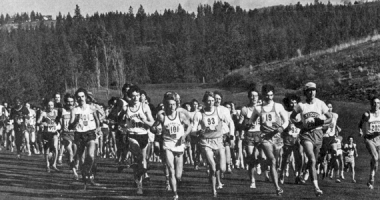
I+C+i. Cultural Institutions 2.0?, 2010. Photo: Miquel Taverna
A little over five years ago, museums didn’t have a presence on social networks, and there was no such thing as an integrated digital strategy. Discussions about intellectual property in the information and knowledge society were just beginning, and concepts like “the commons” and “co-creation” were largely ignored. Even so, the emergence of collaborative digital technologies heralded an upheaval in the ways we conceive, produce, and distribute cultural assets, in working methodologies, in the mutation of genres and formats, and in programming styles.
In this context, back in 2006, CCCB Lab created I+C+i. Research and Innovation in the Cultural Sphere, in response to an inconvenient question: Why don’t cultural institutions set up R+D departments, even though it’s common practice in the scientific and business worlds?
Looking back at the core ideas of all the sessions in the I+C+i series gives us a conceptual map that may be useful for understanding our current situation. Cultural institutions are facing new challenges and priorities in the midst of a multi-factor crisis that requires new operating systems that will allow us to make the most of the research processes that fuel different projects. The new networked culture modifies the traditional view of audiences as a passive entity, and shifts the spotlight onto collaboration and participation as core lines of work. People are also starting to question the role of traditional cultural agents (schools, universities, libraries, museums, etc.) in favour of a distributed network structure in which each individual becomes a node that can transmit, receive and distribute information and knowledge. The concepts of ‘amateur’, ‘contributor’ and ‘bricoleur’ have been upgraded in value. The 2.0 spirit is gradually pervading institutions, transforming their internal processes and their relationship with the public in ways that go from interaction to co-creation.
And when the relationship between an institution and its users changes, it is also time to study the development of the formats that we programme. So we have been thinking about, for example, possible future scene, the way performative lectures will work, how to bring exhibitions to the la laboratory, the incorporation of the remix into the cultural ecosystem, the overhaul of the audiovisual format, how we can explore the new frontiers of education taking advantage of digital technologies in order to educate through and for creativity, and what kind of apps are desirable for a new culture. In fact, the I+C+i sessions themselves have also mutated over the years: by incorporating social networks into our own practice, organising workshops in which to learn by doing, tending towards more choral debates, integrating the voices of physical and virtual audiences, and working with the other CCCB departments.
Equality, freedom and P2P are the essence of the network structure, which is based on shared power and distributed access to resources – a participatory design for social processes in which, in theory, nobody should be excluded. The logic of the distributed economy is starting to make headway, although it is not without problems: Are we ready to generate a culture among peers and to create ‘shared value’? What challenges and objectives does intellectual property face in the 21st century? What is the value of free knowledge? What is the future of archives?
The I+C+i series has, among other things, allowed us to set up the CCCB Lab (2009), but we are aware that the journey has only just begun. There is still much to be done, there are no maps for these new territories, and we have to keep exploring, experimenting and making mistakes.
We want to take this opportunity to thank all the participants (presenters, audiences, collaborators and contributors, etc.) for accompanying us on this journey and for sharing their knowledge with us. We’ve turned the I+C+i series into a repository, a space that brings together all the information related to each session, and in doing so we have created a kind of ‘ICipedia’. It includes the digitalised versions of all the debates and interviews available, material that enhances the content, a summary of the online debate that took place in each session, etc. All the material is searchable by year, subject or participants, and it is also accessible from the CCCB Archive.





Estíbaliz | 29 October 2012
Enhorabuena por todo el trabajo de estos años y, ahora por esta forma de compilarlo y ofrecerlo como mapa a quienes os tenemos como referencia. Que sea mucho tiempo más de trabajo bien hecho. Saludos.
Leave a comment